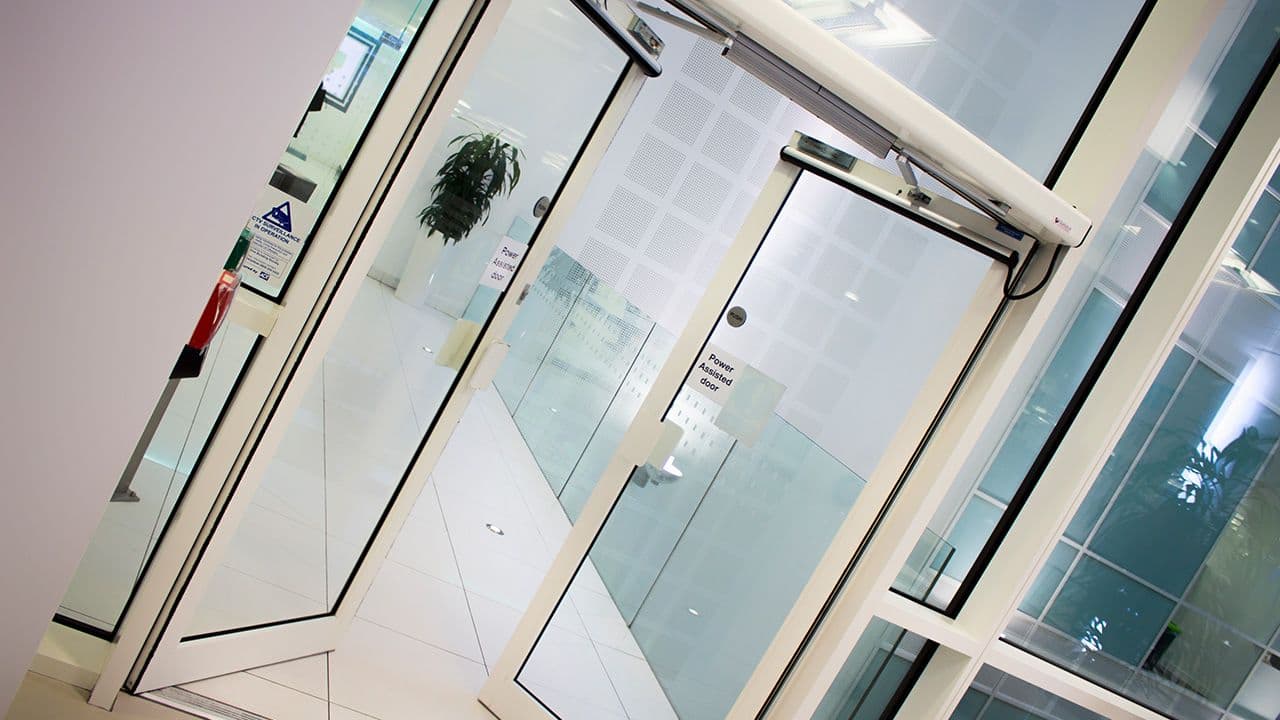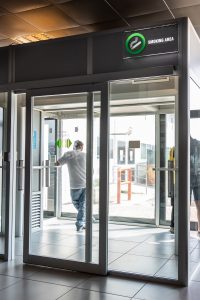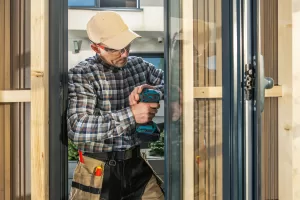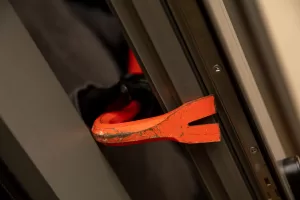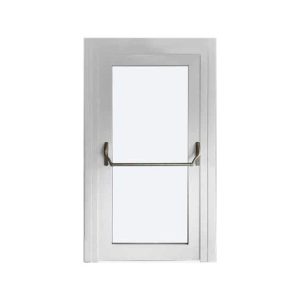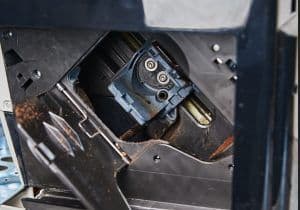Automatic Doors Require Annual Maintenance to Meet Safety Standards
01 June, 2023
Automatic doors offer a range of benefits that make them an increasingly popular choice for commercial buildings, hospitals, and other public spaces. They can improve accessibility for people with disabilities, reduce energy consumption by regulating the temperature and minimising the need for heating and cooling, and can be equipped with safety features to provide enhanced protection and access control.
It’s no wonder that many companies around the world are opting to install automatic doors. However, they must remain cognisant of increasingly stringent safety regulations and standards that are applicable, including the widely adopted EN 16005 directive.
The Size Of the Market
The global automatic door market was valued at $18.44 billion in 2021 and is projected to reach $30.09 billion by 2027, with a CAGR of 8.27% during 2022-2027, according to IMARC Group. The report cites significant growth in the construction industry and the increasing demand for secure and convenient door access for differently-abled individuals as drivers of growth.
The impact of COVID-19 has also led to a rise in demand for hands-free access to public places. Technavio’s report projects a YOY growth of 5.23% at a CAGR of 5.91% during 2021-2025, with APAC expected to account for 49% of the market growth, with China being the most important market for automatic doors. A surge in investment in commercial real estate projects with upgraded facilities in APAC is expected to drive market expansion. Additionally, Europe and many locations in Asia and the Middle East will comply with EN 16005 regulations for all new power-operated doors installed after 10th October 2012, used for normal access, in escape routes, and as fire resistance and/or smoke control door sets.
The European automatic door sensor market is expected to grow at a CAGR of 4.4% from $305.3 million in 2019 to $427.5 million in 2027, according to a Research and Markets forecast. The report attributes the growth to the popularity of smart airports and the increasing investment in smart airport technologies such as smart sensors,
communication and network systems, cameras, RFID tags, and wearable devices by European governments. The aviation industry’s growth has also complemented the development of associated technologies, such as internet connectivity, leading to further market growth.
It’s therefore important that all businesses familiarise themselves with the EN 16005 directive and take care to adhere to the requirements.
What Is the EN 16005?
The EN 16005 directive has been in effect since 2013 and applies to major European economies such as the UK, Germany, France, Italy, and Spain. The EN 16005 directive, which applies to all European Committee for Standardisation countries, mandates strict safety standards for power-operated doors used for normal access, in escape routes, and as fire resistance and/or smoke control door sets. The directive requires the installation of safety sensors and door operators that are in constant communication to prevent people and goods from being hit by moving doors.
Annual maintenance by approved technicians is also required for all doors covered by EN 16005 to ensure safety standards are met. Failure to comply may result in potential liability for owners if an incident occurs due to a faulty door. Although the regulations were intended for use in Europe, they have been adopted by nations in the Middle East and Asia as well. The scope of the directive covers all significant hazards, hazardous situations, and events relevant to power-operated door sets when they are used as intended and where conditions of misuse are reasonably foreseeable by the manufacturer.
How Safetell Can Help
Safetell provides automatic door servicing and maintenance services, including annual checks for compliance with EN 16005 regulations and repairing faults to minimise downtime. The company follows a “repair not replace” approach, helping customers save money by avoiding whole system replacements. Safetell provides unbiased advice regardless of the makes and models of the equipment, and it has a proven track record in automatic door servicing and maintenance. If you need help becoming compliant with EN 16005 or require any additional support or advice, get in touch with a representative.
